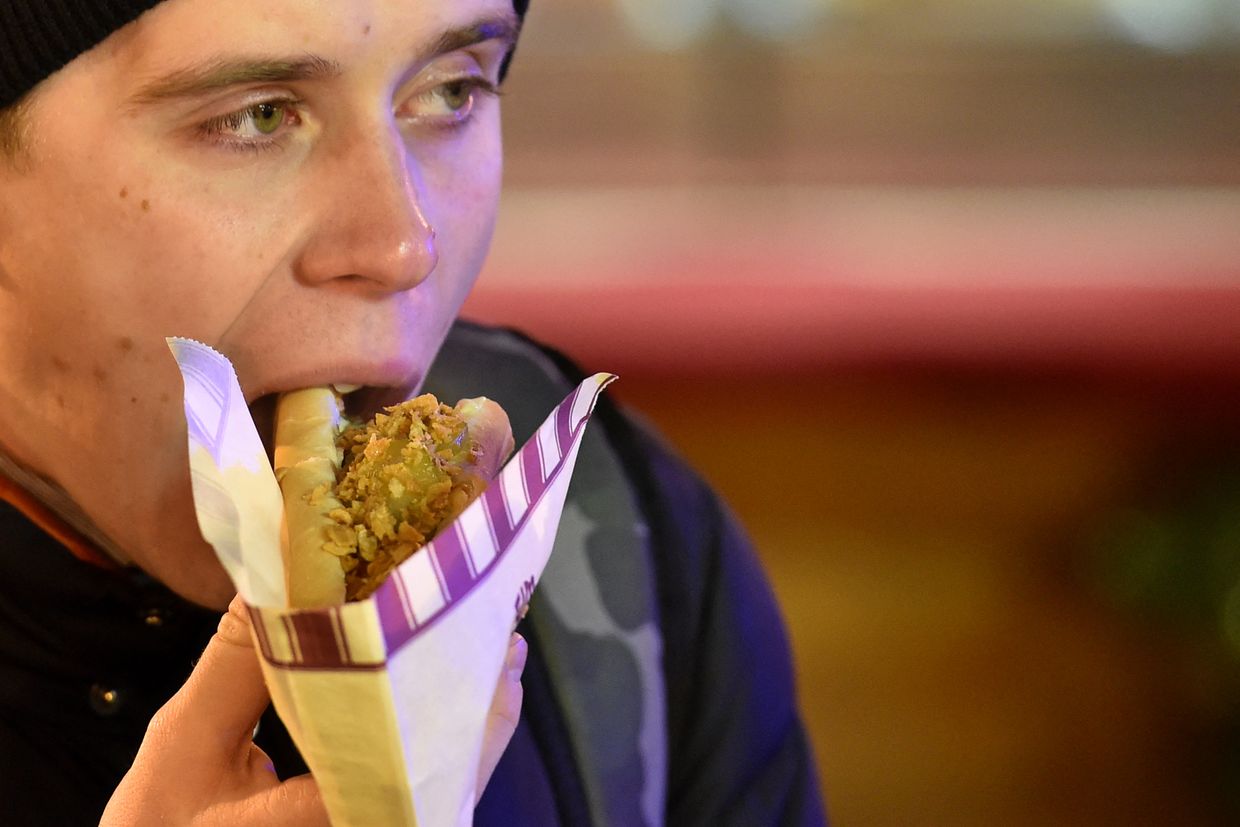FT: Despite promises, Western companies continue Russian operations

A number of Western companies have continued their operations in Russia despite earlier pledges to exit the country, the Financial Times (FT) reported on May 28, citing sources.
Western companies operating in Russia have been under increasing pressure to end their business there since the beginning of the full-scale invasion, but a study conducted by the Kyiv School of Economics found that more than 2,000 have remained as of the beginning of May.
Around 1,200 other companies have only curtailed their businesses, while only 387 have fully exited.
Among those that have stayed are the U.K.-U.S. cosmetics company Avon Products, the U.K.-headquartered consumer goods manufacturer Reckitt, and the French industrial-gas company Air Liquide, the FT said.
As the Russian government has taken steps to inflict a significant financial price on companies that leave, combined with a lack of acceptable buyers, many companies have stayed more than two years into Russia's full-scale war.
Other companies, such as PepsiCo, have cited humanitarian concerns as a reason to continue operations in Russia.
"As a food and beverage company, now more than ever we must stay true to the humanitarian aspect of our business. That means we have a responsibility to continue to offer our other products in Russia." said PepsiCo chief executive Ramon Laguarta in an email to employees in September 2022.
PepsiCo ceased its primary beverage operation in Russia shortly after the beginning of the full-scale war, but has continued its dairy business that employs tens of thousands of workers in Russia.
The chief executive of U.S.-based food manufacturer Mondelez, which owns a variety of well-known brands including Oreo and Cadbury, told the FT that many of its investors do not "morally care" if the company continues to operate in Russia.
An unnamed Western executive told the FT that there has been a change of sentiment since the immediate aftermath of the full-scale invasion, when there was overwhelming pressure on Western businesses to cut their ties with Russia.
"The current wave is more about, do you really have to leave? Do you want to leave? Some of these companies have built four, five factories over 30 years. They're not going to sell that for a 90% discount," the executive said.
In other cases, such as with Austria's Raiffeisen Bank International (RBI), the largest Western bank still operating in Russia, the combined force of Western pressure and threat of financial consequences appear to have moved the needle.
Johann Strobl, the CEO of RBI, said at the start of May that the bank is making plans to begin its exit from the country in the summer of 2024 in order to comply with European regulators.














